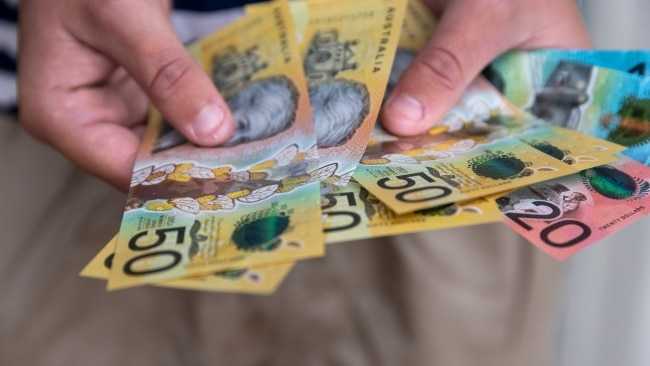With only 25 days to the election, six million low-income Australians are scheduled to get the government’s $250 cost-of-living payment this week.
Treasurer Josh Frydenberg announced the tax-free payments in his budget, and they will be distributed to qualified welfare claimants, veterans, pensioners, and concession card holders.
“Today the first batch of the Coalition’s $250 cost of living payments will begin hitting the bank accounts of millions of eligible Australian pensioners, income support recipients, veterans and concession card holders,’’ the Treasurer noted.
“This comes on top of the halving of fuel excise, which has seen fuel prices come down from above $2 per litre to around $1.70 nationally today.”
“Under our cost of living package, more than 10 million Australians will also benefit from a new one‐off $420 cost of living tax offset. Combined with our previously legislated tax cuts, low and middle income earners will now benefit by up to $1,500 and couples up to $3,000 from 1 July this year.”
In recent days, the Treasurer has stepped up his scare campaign against Labor and tax rises, promising that no additional taxes will be imposed if he is re-elected.
“At this election, Labor won’t tell Australians which taxes they will increase until after the election,’’ he continued.
“What is clear though is that if Labor is elected, Australians will face higher taxes. The Shadow Treasurer has already declared that the Coalition’s tax cap “does not fulfil any useful economic purpose” and that he will “maintain flexibility” when it comes to taxes on ordinary Australians.”
The $250 payment was one of several initiatives outlined in the 2022 Budget to offset rising cost-of-living pressures resulting by the Ukraine conflict, rising inflation, and supply chain concerns exacerbated by Covid-19.
Once Australians begin filing their tax returns on July 1, the one-time $420 tax offset will be applied in addition to the existing $1080 LMITO.
Individuals may be eligible for up to $1500 in tax relief, while couples may be eligible for up to $3000.
The 22-cent petrol excise has also gone into force, saving motorists an estimated $700 over the next six months, according to the government.
